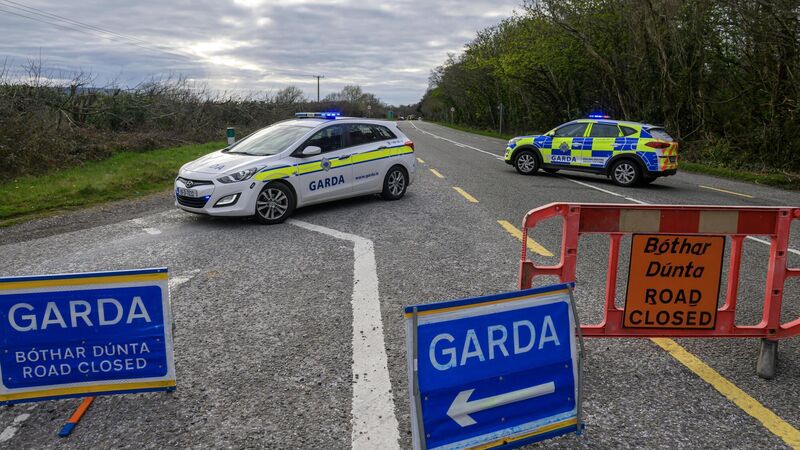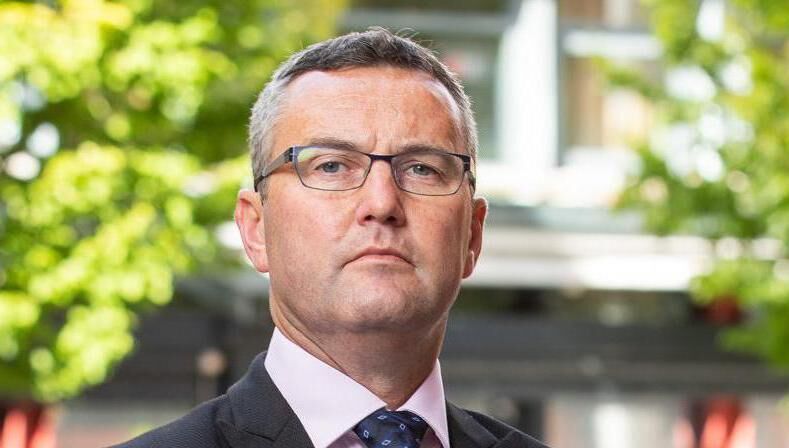Road fatality patterns demand urgent attention from us all

While An Garda Síochána are responsible for enforcement of the law on our roads, the Road Safety Authority supports their efforts with research and public awareness initiatives that reinforce compliance and help target risks more effectively. Picture Dan Linehan
Every day, millions of people across Ireland take to the roads — commuting to work, visiting family, or going about their daily routines.
Most do so with care and consideration. But even with high levels of compliance, road safety is never something we can take for granted.
Complacency can creep in, and the consequences of even one lapse can be devastating.
The latest Road Safety Authority (RSA) mid-year review, covering the period from January 1 to July 27, reveals a stark truth: 91 people have died on our roads during that time.
That is 91 lives ended suddenly and violently — 91 families and communities torn apart. While this is 11 fewer deaths than in the same period last year, the human cost remains immeasurable.
The data reveals patterns that demand urgent attention. A quarter of all fatalities so far this year were aged 25 or younger, though this represents a decrease of 14 deaths in that age group compared to last year.
Older road users tell a worrying story also with fatalities among those aged 46-65 now at their highest in six years.
Vulnerable road users continue to face risks, with the tragic loss of more pedestrians, motorcyclists, and cyclists exceeding trends of the past five years.
This is especially concerning as Ireland promotes more active and sustainable travel options such as walking and cycling.

The research also shows that over half of all deaths occurred on roads with speed limits of 80km/h and 100km/h, and more than half of fatalities happened between the hours of 12pm to 8pm.
Fridays through Mondays remain the most dangerous days on our roads.
We must remember that behind every number is a life that ended too soon.
At the heart of Ireland’s approach to road safety is our 2030 goal to reduce fatalities and serious injuries by 50% and achieve Vision Zero (zero deaths or serious injuries on our roads) by 2050.
It’s a goal we all support but one we can only reach through sustained, collaborative action and behaviour change.
International comparisons help us understand how far we’ve come, and how far we still have to go.
According to the 2025 European Transport Safety Council Road Safety Performance Index, Ireland ranked sixth in the EU27 for road safety in 2024, with 32 road deaths per million people, down from 41 in 2014.
At the same time, we must recognise the growing exposure to risk on our roads.
Ireland’s population has grown, and with it, so has the number of registered vehicles, licensed drivers, and total kilometres travelled.
More traffic means greater risk — particularly when dangerous behaviours such as speeding, driving under the influence, and mobile phone use are persistent.
We remain steadfast in advancing evidence-based interventions and sustained public education.
Collaboration with all road safety partners, particularly An Garda Síochána, is essential to reversing current trends, as global evidence consistently shows that enforcement is key to deterring dangerous road user behaviours.
While gardaí are responsible for enforcement, the RSA supports their efforts with research and public awareness initiatives that reinforce compliance and help target risks more effectively.
While every life lost on Irish roads is one too many, the story is not solely one of loss — it is also one of possibility.
Every safe journey, every decision to slow down, to drive sober, and to put the phone away is a quiet act of prevention.
Small, consistent changes in how we all behave on the roads can, and do, save lives. We have the power to ensure more families are spared the heartbreak of a life cut short, and to make our vision of safer roads for all a reality.
- Sam Waide is CEO at the Road Safety Authority





